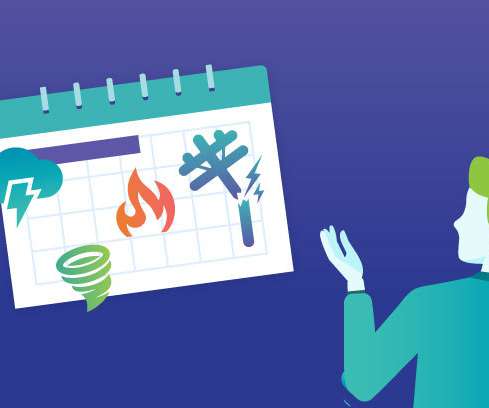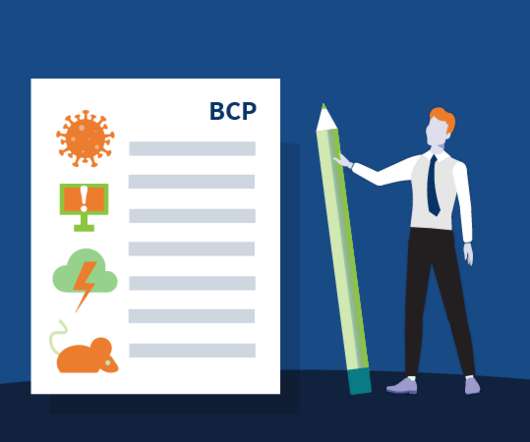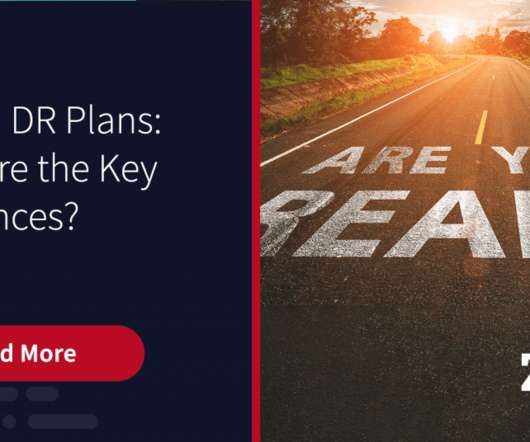How Often Should A BCP Be Reviewed?
LogisManager
FEBRUARY 7, 2022
How Often Should A BCP [Business Continuity Plan] Be Reviewed? The process of developing, finalizing, and communicating your initial business continuity plan (BCP) is no small feat. However, ongoing monitoring and reviewing of your BCP is critical to account for both internal and external changes that may impact your business.
















Let's personalize your content